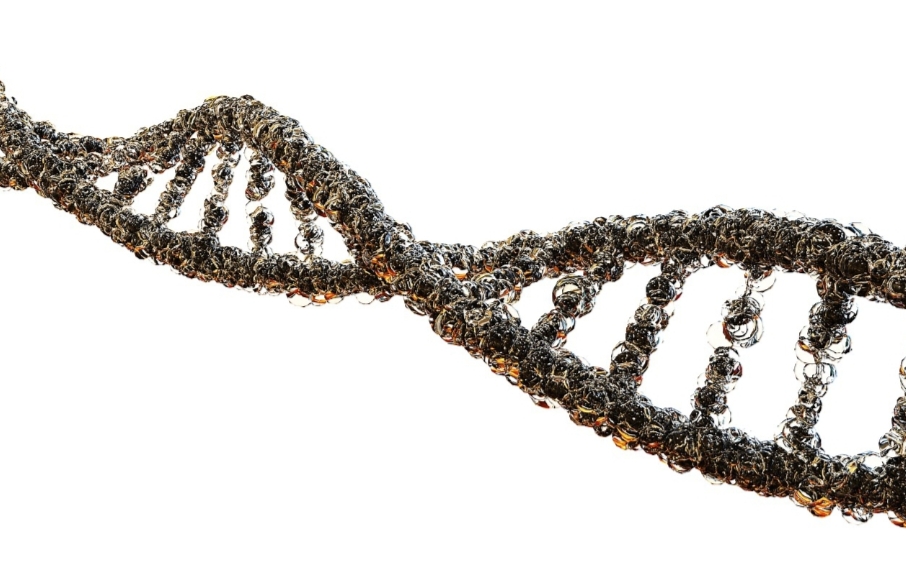MTHFR is short for an enzyme called Methylenetetrahydrofolate reductase. The function of this enzyme is to break down homocysteine in the blood. Homocysteine, on the other hand, is an amino acid that is produced when the body breaks down proteins in a person’s diet.
MTHFR mutations, also known as variants, refer to parts of a person’s DNA that commonly vary from one person to another. Studies show that heterozygous mutations are less likely to cause health issues while homozygous mutations are likely to cause serious health issues.

These gene mutations are hereditary. So, a child will acquire a copy of each parent’s MTHFR gene. What’s more? A person has a higher risk of getting a homozygous mutation if the two genes they received have mutations.
Over the years, there have been growing concerns about certain illnesses may be associated with MTHFR Gene Mutations which is a major reason that MTHFR testing has increased. In this article, we explain the possible symptoms, treatments, and how a patient’s MTHFR status is known.
Possible Symptoms
The symptoms of an MTHFR mutation varies with persons and variants. And because there’s still ongoing research on this genetic mutation, there’s no conclusive evidence yet about the illnesses that have been linked to the mutation.
More so, you can’t tell the status of your mutation except you get tested.
Nonetheless, the following are some of the illnesses that have been liked to these mutations:
- Cardiovascular diseases
- Chronic pain
- Acute leukemia
- Mental health disorders like depression and ADHD
- Schizophrenia
- Colon cancer
- Frequent miscarriages (for women)
- Anencephaly and Spina Bifida in pregnancies
With that being said, if a person has one or two of these mutations, it can increase the homocysteine level in the blood leading to a condition called homocysteinemia. The symptoms of this condition include developmental delays, blood clots, seizures, and microcephaly.
Visit https://en.wikipedia.org/wiki/Hyperhomocysteinemia to read more about high homocysteine levels.
Testing
Doctors may be able to tell if a patient has an MTHFR mutation by checking their medical records, analysing any symptoms they may have, and carrying out a physical examination. They may also check the patient’s homocysteine levels.
That you have this mutation does not necessarily mean that you need medical attention. This is why medical authorities like the American College of Medical Genetics and the College of American Pathologists discourage testing for this mutation. They recommend the test only when the person’s homocysteine levels are extremely high.

Treatment
That you have an MTHFR mutation doesn’t always mean that you need medical attention. As we mentioned earlier, you should only be concerned if test results show that your homocysteine levels are extremely high. More so, a doctor is in the best position to let you know if the reason for the high level is related to the mutation. This is because increased homocysteine can occur without MTHFR variants.
Homocysteine levels may increase because of the following:
- Hypothyroidism
- Obesity
- Sedentary lifestyle
- Medications like atorvastatin, nicotinic acid, and fenofibrate
If the doctor identifies other causes for the increase, then treatment will be prescribed without any MTHFR considerations.
However, if you have a combined case of increased homocysteine, an MTHFR mutation (confirmed from required testing), and vitamin deficiencies in choline, folate, Vitamins B6, B12, or riboflavin, then the doctor may recommend vitamin supplements to increase the deficient vitamins. They can also prescribe treatment for any related symptoms.
You can also prevent an increase in homocysteine when you avoid smoking, get adequate exercise, and eat a healthy diet.
You can click here to learn more about this enzyme.
Conclusion
Methylenetetrahydrofolate reductase is an enzyme in the body that breaks down homocysteine in the blood. A mutation (or variant) of this enzyme is known to increase the homocysteine level in the blood and has further been linked to different diseases.
However, some studies show that increased levels may not be a result of a mutation. So, a person’s methylenetetrahydrofolate reductase status may or may not affect their health.
If you are curious to know your MTHFR status, then we recommend checking with your doctor first before you get tested. Meanwhile, you can take preventive measures to avoid high homocysteine levels by eating a balanced diet and exercising.
